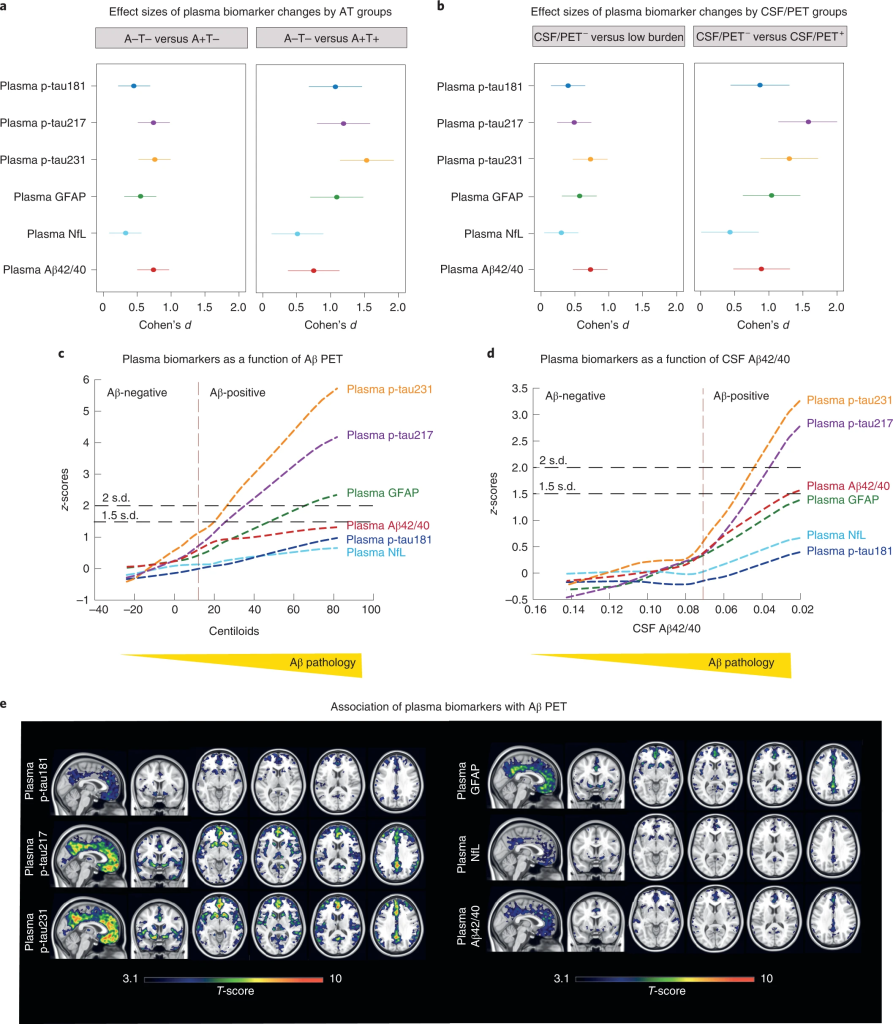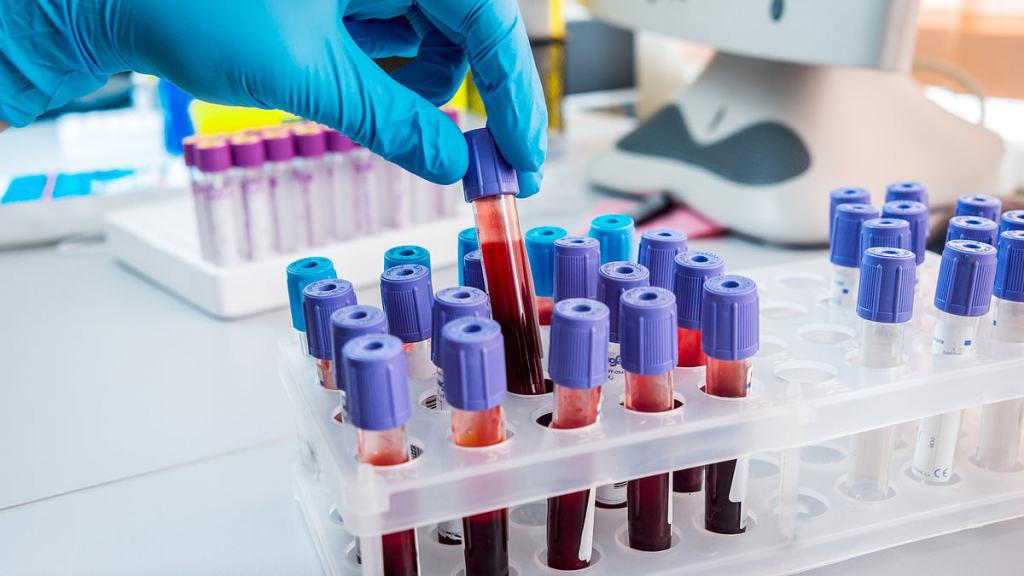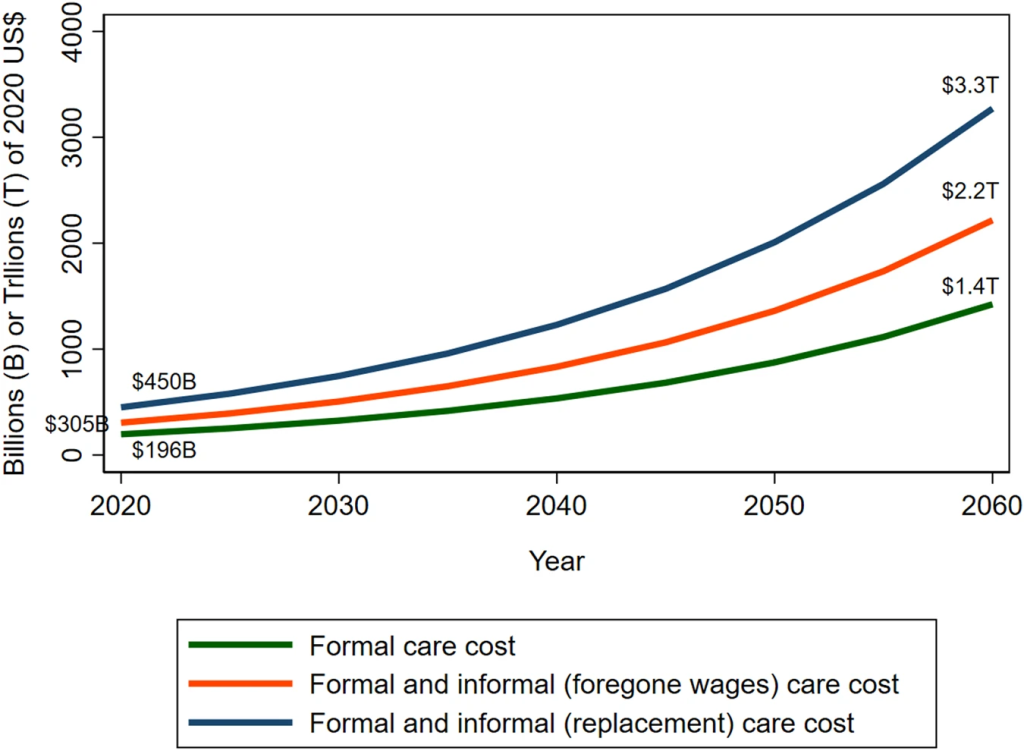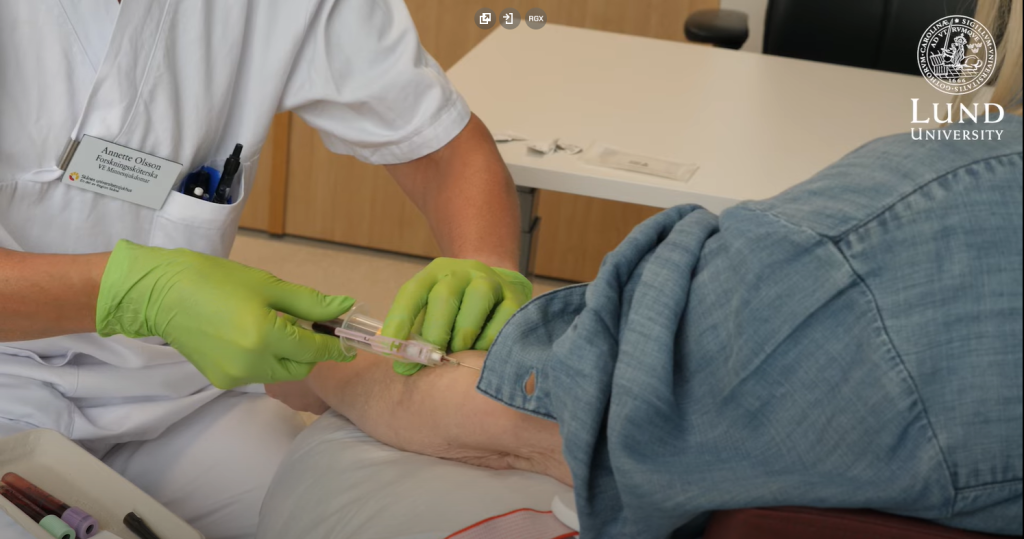The Breakthrough in Alzheimer’s Diagnosis
Highly Accurate Blood Tests
A recent study conducted by researchers at Lund University in Sweden has revealed that a blood test combining plasma phosphorylated tau 217 (p-tau217) and the amyloid 42/40 ratio can diagnose Alzheimer’s disease with an accuracy rate of 90% . This is a significant improvement over traditional diagnostic methods, where neurologists achieved 73% accuracy and primary care doctors only 61% .
Understanding p-tau217
The p-tau217 blood test measures a specific tau protein that is elevated in the presence of amyloid plaques, a hallmark of Alzheimer’s disease. The combination of this test with the amyloid 42/40 ratio offers a robust diagnostic tool that can detect early signs of cognitive impairment and differentiate between Alzheimer’s and other types of dementia .

Current Diagnostic Challenges
Traditional Methods
Diagnosing Alzheimer’s typically involves a combination of cognitive tests, CT scans, and sometimes invasive procedures like spinal taps. These methods, while informative, are not always accurate and can be costly and uncomfortable for patients.
The Role of Blood Tests
The introduction of blood tests for Alzheimer’s diagnosis represents a potential game-changer. These tests are not only less invasive but also more accurate, providing a practical solution for early detection. This is crucial because early diagnosis can lead to more effective interventions and better management of the disease.

Impact on Alzheimer’s Care
Cost of Alzheimer’s Care
The cost of Alzheimer’s care is a significant concern for many families. Early and accurate diagnosis can help in planning and managing the financial aspects of care. Blood tests, being less expensive than traditional methods, could reduce the overall cost of Alzheimer’s care significantly .

Alzheimer’s and Brain Awareness Month
Efforts during Alzheimer’s and Brain Awareness Month highlight the importance of early diagnosis and treatment. The introduction of these blood tests aligns perfectly with the goals of raising awareness and providing better care options for those affected by Alzheimer’s.
The Future of Alzheimer’s Diagnosis
Routine Screening
Experts believe that in the near future, blood tests for Alzheimer’s could become as routine as cholesterol screenings. This shift would enable primary care physicians to diagnose cognitive impairments early, allowing for timely intervention and potentially slowing the progression of the disease.
Reversing Alzheimer’s Effects
While current treatments focus on managing symptoms, early diagnosis through blood tests could pave the way for research into reversing Alzheimer’s disease. Identifying the disease in its early stages opens the possibility of developing treatments that target the underlying causes before significant cognitive decline occurs.
Related Diagnostic Tests
Hemogram Test and Blood Typing
In addition to Alzheimer’s-specific tests, other blood tests like hemograms and blood typing play a crucial role in diagnosing and managing various health conditions. These tests provide comprehensive data on a patient’s overall health, which can be crucial in understanding and managing diseases like Alzheimer’s.
Beta HCG Test Price
While not directly related to Alzheimer’s, the cost of diagnostic tests like the beta HCG test highlights the importance of affordability and accessibility in healthcare. As new blood tests for Alzheimer’s become available, ensuring they are affordable will be key to their widespread adoption and impact.

The development of highly accurate blood tests for Alzheimer’s disease represents a significant advancement in medical diagnostics. These tests not only promise earlier and more accurate diagnosis but also have the potential to reduce the overall cost of Alzheimer’s care and improve patient outcomes. As research continues, the hope is that these tests will become a standard part of routine healthcare, leading to better management and potentially even the reversal of Alzheimer’s disease in its early stages.
The advancements in Alzheimer’s diagnostics are a testament to the progress being made in understanding and combating this debilitating disease. With continued research and innovation, the future looks promising for those affected by Alzheimer’s and other forms of dementia.


